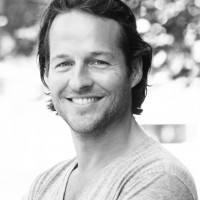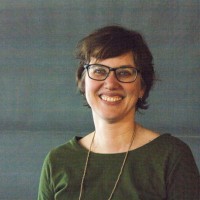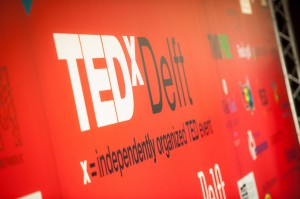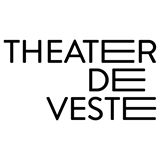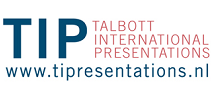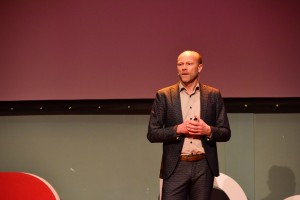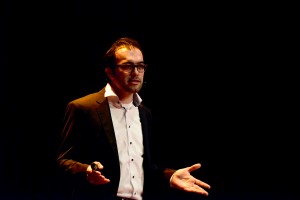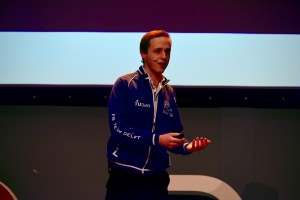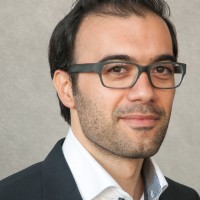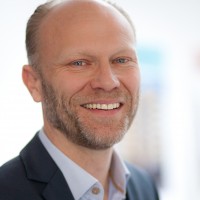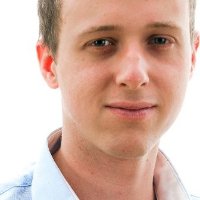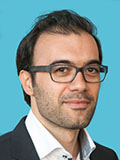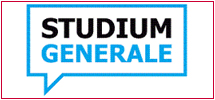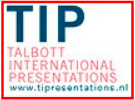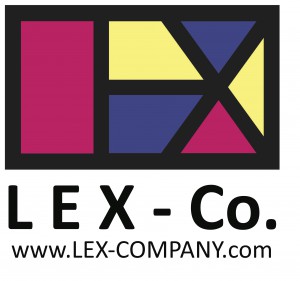TEDx talks have a way of motivating and inspiring people in all sorts of ways. For three high school students from Delft, Judith van der Nat, Joost Hoekstra, and Hidde Harms, it inspired them to organise a similar event. They did one better: to organise January’s TEDxDelft Salon, entitled ‘Going places.’
“Somewhere around March last year we approached TEDxDelft to ask them for advice on how to organise a look-alike event.” they explain. After having a sit-down with Project Manager Molly Quell going through the options, the three were offered the opportunity to organise the Salon, supported by the TEDxDelft staff. It is a task they relish, having recruited the speakers, selecting various TED talks to show, and on the day itself hosting the event.
The theme of the upcoming Salon is one that speaks to the three students. “For me, the automotive industry was always alluring because of it’s sheer impact on mankind,” Harms explains. For van der Nat, it is the evolution of mobility in recent decades that fascinates her, and how sustainability will further change it. After well over half a year of preparations, this Sunday van der Nat, Hoekstra, and Harms will take to the stage and see their hard work come to fruition.
What are your expectations, challenges, and things you are most looking forward to for this event?
Harms: For me the foyer is really important, I hope this will be an aspect I am going to be proud of later. I can tell we have a lot of potentially genius youngsters walking around in there.
Hoekstra: I want to have a good overall event that we can look back and say “wow, we have really pulled something off out there!” During the whole organization, I had the feeling that my expectations would be fulfilled. Except that brings me to my biggest challenge, that I have to keep my focus on the main goal and not lose too much time on the small details.
Van der Nat: If I am honest, I kept my expectations as low as possible. I know I am a little bit of a perfectionist and with organizing an event you don’t have all the control as you are dependent on a lot of others. And even though I knew that they would be more experienced and professional than we are, I still felt a bit nervous. Maybe especially because of the fact that they are experienced and we were not. Looking back now, I am very happy with the way things went, of course, you can point out what could have been done better or more efficient afterwards, but that is something you learn out of it.
If you could give a TEDxDelft talk, what would it be about?
Harms: That is a difficult question but a thing that quite quickly popped into my mind was ‘First Impressions’. I might not be that wise and experienced but I notice that with a positive, enthusiastic attitude, a proper appearance and a twist between respect and forwardness you can do things that you would not intentionally expect yourself to be able to do.
Hoekstra: My TEDxDelft talk would be about our brains. How we can utilize our brains in the most optimum way. Maybe this information is known for quite some time and it is a fact that I am a seventeen-year-old kid, whereby I do not have the expertise yet to answer this particular question. As a scholar, I am spending long nights to fulfill my duties. I wonder, though, sometimes, whether my brain still absorbs all the information around one o’clock in the morning. In other words, when does my brain absorb the most information. And how can I adapt my schedule to this knowledge to successfully absorb the necessary information in the least amount of time.
Van der Nat: At this point I feel much better off behind the scenes, it would be an assignment for me to figure out what kind of TEDx talk I would want to give. I am jealous of the people who have this skill come naturally to them.

